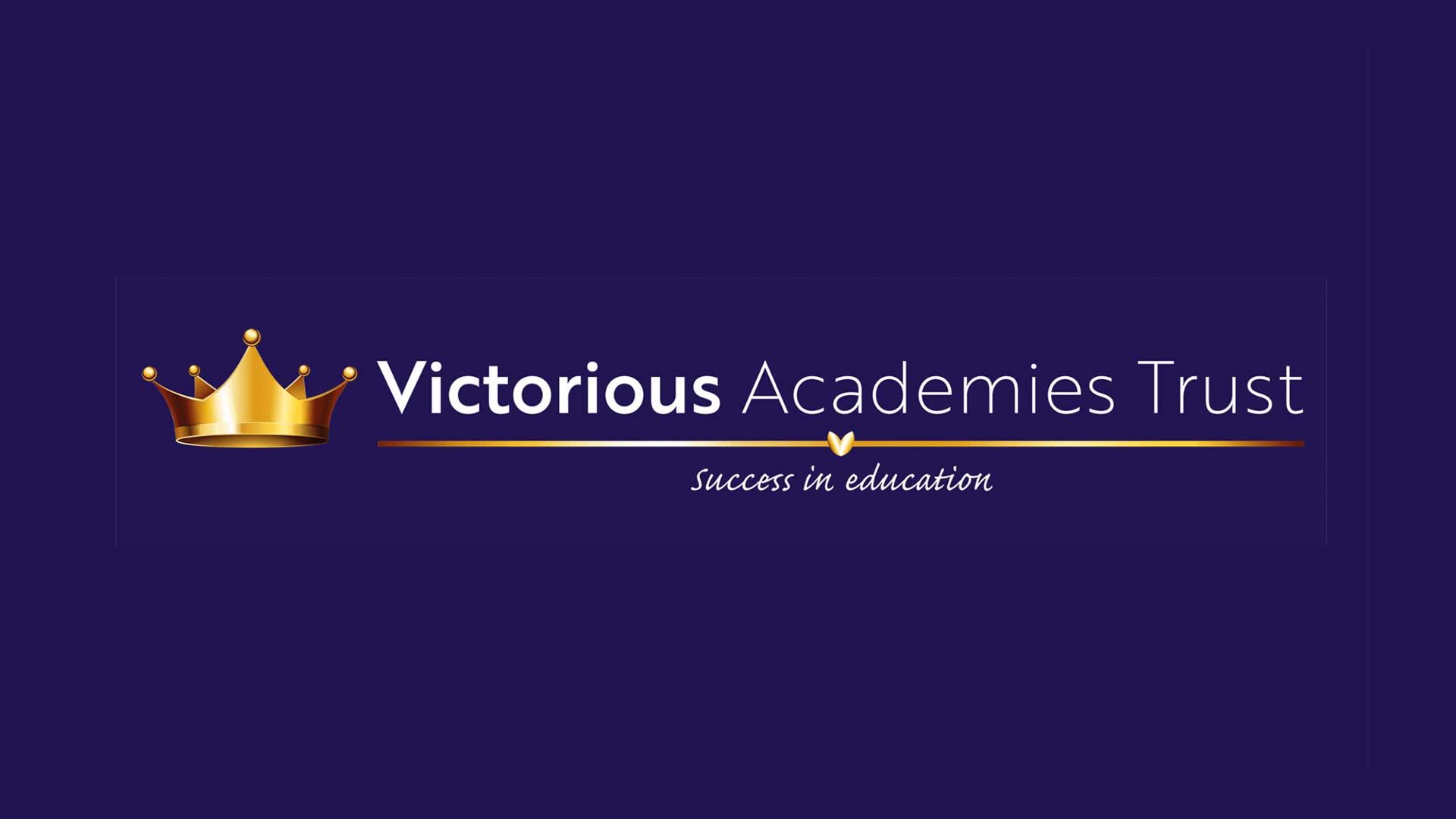What does success look like in the classroom?

I don’t know about you, but my primary school days were filled with the quest for perfection. Full marks on the spelling test. 100% in the times tables quiz. Sadly, for me, the ‘perfect’ score often eluded me, and I can remember looking at the ‘clever’ people in my class and wishing I could be more like them.
Indeed, when we opened our ‘A’ Level results many years later, one of my friends got straight As, including 100% in his physics paper - and I looked down at my BCC and felt like a failure. Never mind that I was off to a good university to study history and that I’d passed all the bloomin’ things.
It was this perceived lack of ‘success’ that hit me hard.
Thank goodness that a few years later, I happened to sit in a staff meeting on growth mindset and my whole approach to what it meant to ‘achieve something’ changed forever.
I’ve spent the decades since trying to remind myself of these key principles and instil them in my children, too.
Beyond Academic Achievement
While academic success is undoubtedly significant, it's crucial to recognise that success in the classroom takes many forms.
It needs a classroom environment that nurtures and encourages growth in various areas:
- Self-esteem and emotional literacy: Success begins with a strong sense of self. Children who understand and manage their emotions effectively are better equipped to handle challenges both in and out of the classroom.
- Goal setting: Learning to set realistic, achievable goals is a vital life skill. It teaches children and young people to plan, prioritise, and work systematically towards their aspirations.
- Resilience and perseverance: True success often comes after facing and overcoming obstacles. Teaching children not to give up when faced with difficulties is crucial for their long-term success.
- Collaboration and teamwork: In today's interconnected world, the ability to work effectively with others is invaluable. Successful classrooms encourage cooperation and teach pupils how to leverage collective strengths.
- Embracing failure as a learning opportunity: It's essential to reframe failure not as a setback, but as a stepping stone to success. Students who understand this concept are more likely to take risks and learn from their mistakes.
A well-rounded view of success
Looking at success in this way can also help children understand that the definition of success needs to be individual and, most importantly, devoid of society’s expectations.
The children we teach face a battle against the influence of other people’s opinions via social media - where people often only share their ‘wins’ and, all too often, in a very extreme way. Kardashians, anyone?
Not only this, but their parents are also consuming this kind of content. Unless you’re seen to be ‘keeping up with the Joneses,’ you’re not successful at all.
Here are some ways to foster a more well-rounded view of achievement in the classroom:
Celebrate diverse achievements
Recognise improvements in areas like emotional regulation, teamwork, or problem-solving, not just academic gains.
Teach goal-setting strategies
Help students break down larger goals into manageable steps and track their progress.
Encourage peer support
Create opportunities for students to help each other succeed, fostering a collaborative rather than competitive environment.
Provide safe spaces for risk-taking
Encourage children in your class to try new things without fear of failure. Celebrate the effort and learning process, not just the outcome.
Reflect on setbacks
When things don't go as planned - hello, long division - guide pupils through a reflective process to identify lessons learned and strategies for future attempts.
Model Resilience
Share your own experiences of overcoming challenges to show children that setbacks are a normal part of the learning journey.
Looking ahead to the long-term
By broadening our definition of classroom success, we prepare children not just for academic excellence but for life beyond school. Those who develop strong self-esteem, emotional literacy, goal-setting skills, resilience, and teamwork abilities are better equipped to face future challenges in their personal and professional lives.
Moreover, this holistic approach to success creates a more positive and inclusive classroom environment. When children feel valued for their diverse strengths and see progress in various areas, they're more likely to engage fully in their education and develop a lifelong love of learning.
True success in the classroom goes far beyond academic achievements. By focusing on emotional wellbeing, personal growth and essential life skills, we can create learning environments that nurture well-rounded, confident, and capable individuals ready to thrive in an ever-changing world.
Our Happy-Centred Schools programme offers free PSHE resources that help teachers cultivate these broader aspects of success. If you’ve not downloaded your free lesson plans, head over there right now and get yours. There are resources and lessons for every year group.
More













